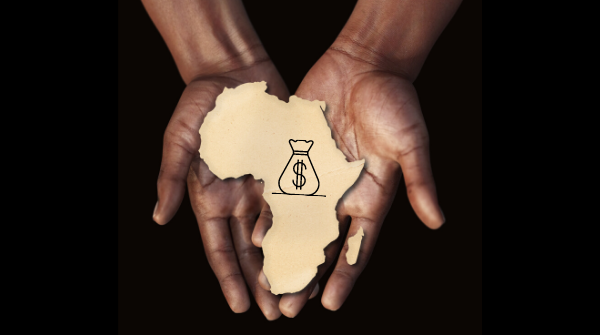Nigeria has been identified as the most cash-dependent economy in the world for 2023, with 55% of all financial and commercial transactions conducted using cash, according to a recent report. This highlights Nigeria’s continued reliance on cash transactions, even as the global trend shifts towards digital payment methods.
The report, titled “Global Payments Report 2024: How Consumer Choice is Changing Commerce” by Worldpay, analyzed 40 markets and found that cash remains a dominant payment method in 30 of them. While digital wallets have overtaken cash as the preferred global payment method, accounting for 16% of global transaction value, cash still plays a crucial role in many economies, particularly in Nigeria.
In contrast, Norway ranks at the opposite end of the spectrum, with only 4% of transactions being conducted in cash, making it the least cash-dependent country in the world.
Digital Wallets on the Rise
Globally, digital wallets surpassed cash as the most popular payment method in 2023, representing $6 trillion or 16% of all transactions. The report projects that by 2027, digital wallets will account for nearly 49% of all global payments, indicating a rapid shift towards electronic payments.
In Nigeria, however, cash remains the preferred method for point-of-sale (POS) transactions, comprising 55% of POS transaction value in 2023. Despite this, there is a growing trend towards digital payments, which is expected to reduce cash usage by 4% annually from 2023 to 2027.
Challenges and Future Projections
The report also highlighted the challenges faced by Nigeria’s Central Bank Digital Currency (CBDC), the e-Naira, which has seen limited adoption since its launch in October 2021. As of May 2023, the e-Naira accounted for less than 1% of Nigeria’s total consumer transactions.
By 2027, cash is predicted to remain the primary payment method in only five countries: Colombia, Mexico, Nigeria, Peru, and Spain. Despite the global decline in cash usage, it remains a crucial payment method for billions of people worldwide, particularly those with lower incomes or limited access to banking services.
The report underscores the enduring role of cash in the global economy, while also highlighting the rapid adoption of digital payment methods. As Nigeria continues to grapple with its reliance on cash, the nation’s payment landscape is expected to evolve, with increasing emphasis on digital transactions.
Cash Scarcity and Economic Implications
The report also noted a steady increase in Nigeria’s money supply, with the Central Bank of Nigeria (CBN) estimating N3.97 trillion in circulation by May 2024. This reflects ongoing challenges in the country’s financial system, where cash scarcity and a reliance on physical currency continue to impact the economy.
As digital payment methods gain traction globally, Nigeria’s heavy reliance on cash presents both challenges and opportunities for the country’s financial sector. The shift towards electronic payments could lead to greater financial inclusion and economic growth, but it will require significant efforts to overcome the entrenched cash culture.
In conclusion, while Nigeria remains the most cash-dependent economy in the world, the gradual shift towards digital payments suggests a potential transformation in the country’s financial landscape in the coming years.










